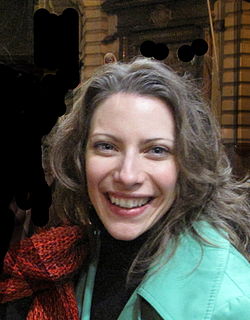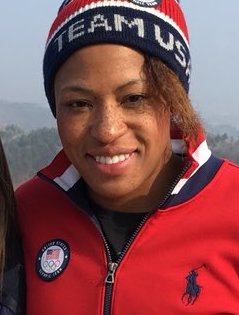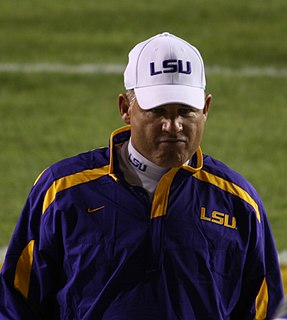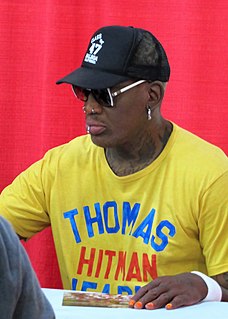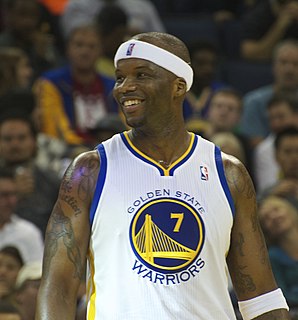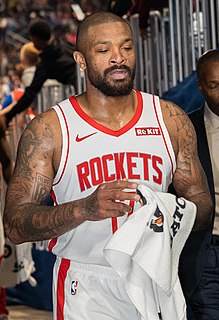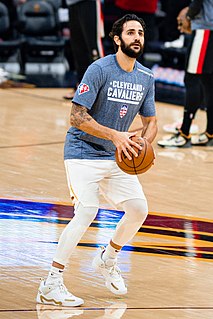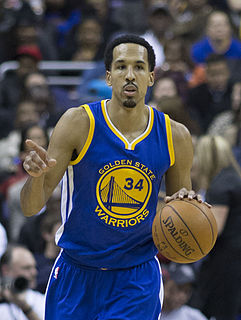A Quote by Ivica Zubac
Wherever I go, I have to speak English, which is my second language. So whenever you get a chance to speak in your own language? It feels good.
Related Quotes
I have a funny relationship to language. When I came to California when I was three I spoke Urdu fluently and I didn't speak a word of English. Within a few months I lost all my Urdu and spoke only English and then I learned Urdu all over again when I was nine. Urdu is my first language but it's not as good as my English and it's sort of become my third language. English is my best language but was the second language I learned.
I spent ten years in London; I trained there. But because I started in English, it kind of feels the most natural to me, to act in English, which is a strange thing. My language is Spanish; I grew up in Argentina. I speak to my family in Spanish, but if you were to ask me what language I connect with, it'd be English in some weird way.
I speak English, obviously, Afrikaans, which is a derivative of Dutch that we have in South Africa. And then I speak African languages. So I speak Zulu. I speak Xhosa. I speak Tswana. And I speak Tsonga. And like - so those are my languages of the core. And then I don't claim German, but I can have a conversation in it. So I'm trying to make that officially my seventh language. And then, hopefully, I can learn Spanish.
English has always been my musical language. When I started writing songs when I was 13 or 14, I started writing in English because it's the language in between. I speak Finnish, I speak French, so I'll write songs in English because that's the music I listen to. I learned so much poetry and the poetic way of expressing myself is in English.
When you hear somebody speaking in an accent, it's almost like they're invading your language while they're speaking to you because if you hear someone speak another language, you almost don't care. But when they speak your language with an accent, it feels like an invasion of something that belongs to you. And, immediately, we change.
When we start making distinctions between soul and spirit, we're in very, very murky waters. There is the whole issue of the English language, which has a rather limited vocabulary when it comes to psychological descriptions, not to speak of spiritual descriptions. We're good mythically - the English language is superb for myth. But we're not very good for psychology or spirituality.
Jamie Keehn, our second Australian punter. Again, you have to learn the language. You just can't speak to those guys. You have to know how to speak Australian. ... Australians have a higher voice. When you just speak regular English, it doesn't quite get across. Of course, we've had experience with our Australians, so we're pretty comfortable with adjusting our dialect so that it fits the ability to communicate.





